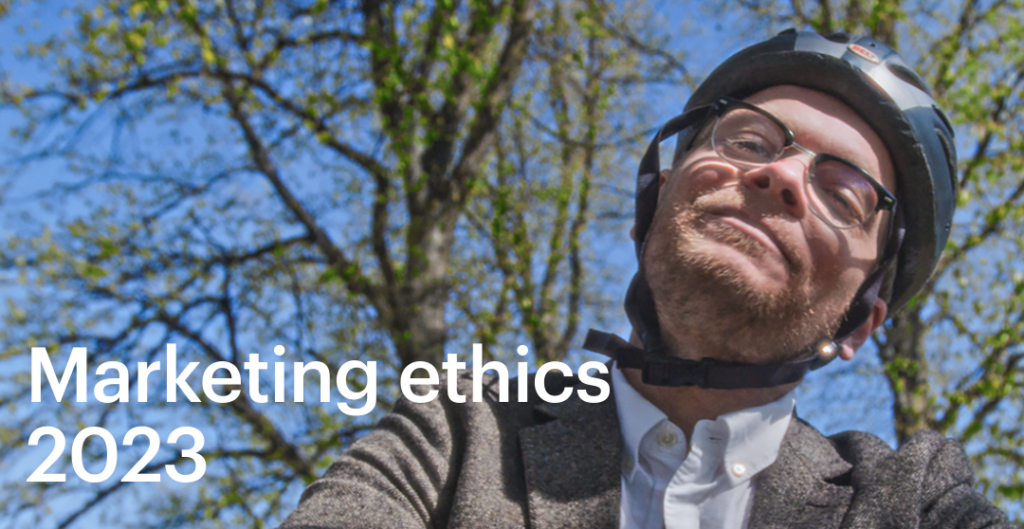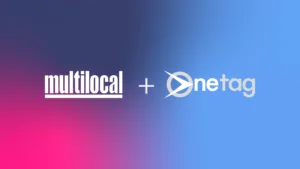Research from digital marketing agency Precis Digital, conducted by the YouGov analysis institute, has revealed that while one-third of consumers express a desire for personalised advertisements, a mere 6% are willing to share additional data to receive highly personalised ads. This disparity raises questions about the alignment between consumer expectations and brands’ utilisation of their data for marketing purposes.
Despite the preference for personalised ads, a significant 52% of consumers have revoked consent from brands, with a large percentage citing annoyance (56%) or intrusiveness (53%) as the primary reason, highlighting the need for marketers to address the consumer demand for a better experience of online advertising and use of data.
Surprisingly, only 33% of respondents agree that online ads are more relevant than offline, despite the conventional wisdom that digital advertising offers significantly better targeting and personalisation. Additionally, 41% believe they haven’t seen any improvement in their online experience since the GDPR was introduced in 2018. These findings shed light on the complex landscape of consumer preferences and underscore the urgent need for brands to bridge the gap between data-driven marketing and customer expectations. These insights underscore the importance of fostering transparency, building trust, and a strong focus on customer experience.
Rhys Cater, Managing Director at Precis, commented: “The findings from our research shine a spotlight on the evolving dynamics between consumers and brands in the digital marketing landscape. The stark contrast between the desire for personalised ads and the reluctance to share additional data reveals a critical disconnect. It is clear that building trust, respecting privacy, and delivering meaningful experiences are paramount in today’s marketing environment.”
The survey was conducted in the period between 4th – 8th of May 2023. To access the complete research report or request further information, click here.









